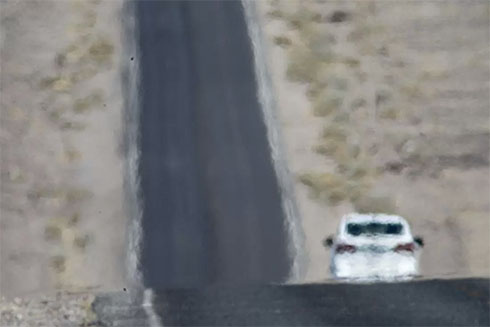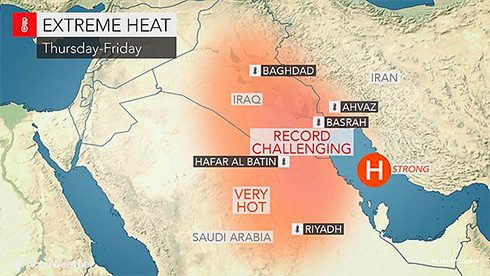
Legendary Kuwaiti shooter Fehaid al-Deehani has refused to carry the Olympic neutral team flag at the Rio Games opening ceremony, where the Gulf state’s athletes cannot march behind their own emblem.
Kuwait is suspended by the International Olympic Committee (IOC) and other leading federations such as FIFA, football’s world body, over government interference in sport.
…
According to Kuwaiti media, the IOC asked al-Deehani, who took trap shooting bronze medals at the 2000 Sydney and 2012 London Games, to carry the Olympic neutral team flag.
But the Kuwait army officer turned down the request.
“I am a military man and I will only carry the Kuwait flag,” he said. “I cannot carry the IOC flag.”
…
The Kuwait Olympic Committee on Sunday called on the government to start dialogue in a last-gasp bid to get the Kuwait flag in to the Rio opening ceremony.
Hussein al-Mussallam, vice chairman of the committee’s legal and international relations commission, told AFP it was time “to sit down together and review things in a positive way”.
He said “the interests of Kuwaiti athletes should come above all else”.
“I am speaking on behalf of the KOC and not in the name of international organizations,” al-Mussallam added.
“The time has come in front of everyone, the Kuwaiti government and the ministry for youth and sports, the Kuwait Olympic Committee and the Olympic Movement Kuwait to sit together for the national interest and for Kuwait to return as it was.”
Al-Mussallam also appealed for all sides to “stay away from personal issues”.
“The Olympic movement has a role to deal with the government in the interest of sport. The government has to hear the point of view of international organizations and the United Nations and the opinion of the Kuwaiti Olympic movement.”
The official said that Kuwaiti athletes want to compete in Rio “under the flag of our country, so and we demand the sports minister respond to the advice of the International Olympic Committee and to stop the implementation of the conflicting articles in the Kuwaiti sports law”. [Full Article]
I’ve been having a hard time finding the final list of Kuwaiti athletes that will be taking part at the Rio Olympics. The article above lists the following:
Abdulrahman Al-Faihan (Trap)
Ahmad Al-Afasi (Double Trap)
Khaled Al-Mudhaf (Trap)
Saud Habib Al-Kandari (Skeet)
Fehaid Al-Deehani (Double Trap)
Abdullah Al-Rashidi (Skeet)
Abdulaziz Al-Shatti (Fencing)
Abbas Al Qali (Swimming)
But, the list isn’t accurate since they leave Faye Sultan out who will be competing in swimming as well. That means there might be other athletes missing as well. So far though, 9 Kuwaitis will be at the Olympics this year.















